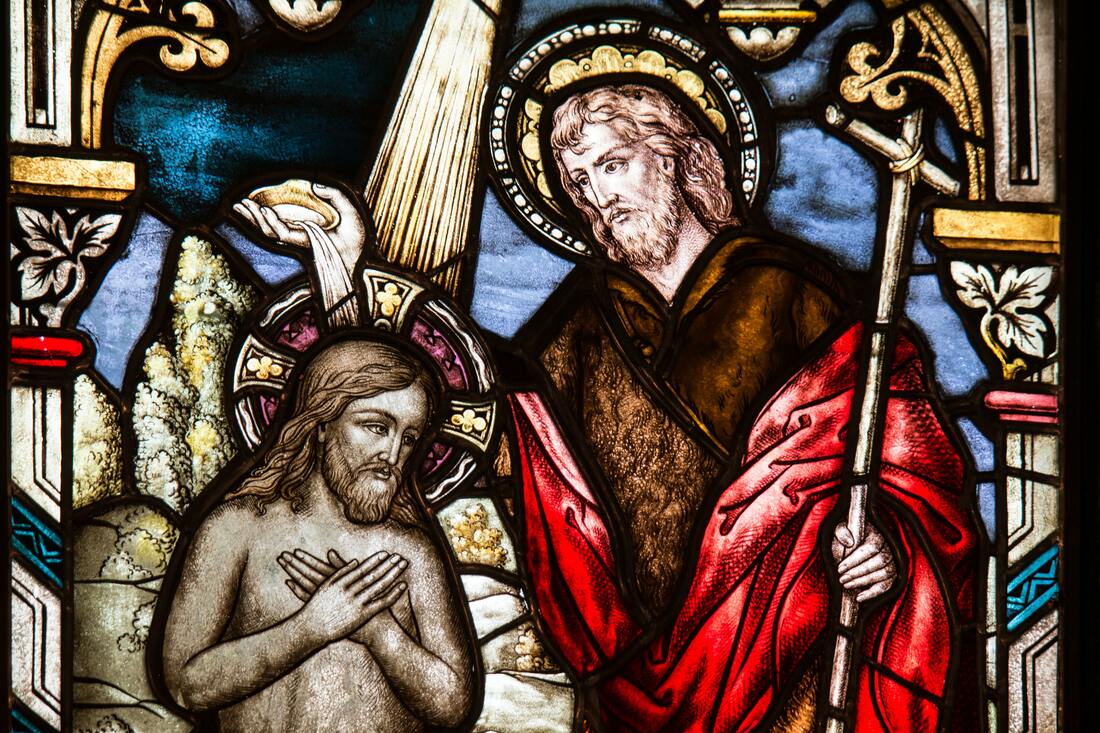|
The Imago Dei, Latin for “image of God”, is crucial for our understanding of who we are as the direct creation of God. It also provides the context from which God gives creation its job description.
Genesis 1:27-28 & 2:15 says, 27 So God created man in his own image, in the image of God he created him; male and female he created them. 28 … And God said to them, “Be fruitful and multiply and fill the earth and subdue it, and have dominion over the fish of the sea and over the birds of the heavens and over every living thing that moves on the earth.” 15 The LORD God took the man and put him in the garden of Eden to work it and keep it. If we take a closer look at these four bolded words (subdue, dominion, work and keep), we get a clearer picture of God’s original design for creation and subsequently, our work. This is foundational if we are to have a God-sized vision for our vocation, which we often find lacking as people transition from the university to the marketplace. Kabash: to subdue is to bring order out of chaos or harmony out of discord. Not to say that creation was chaotic and in conflict, but the earth was wild with raw resources and the potential of these resources was still to be realized. Tim Keller writes that work is “rearranging the raw material of God’s creation in such a way that it helps the world in general, and people in particular, thrive and flourish”. Radah: to have dominion means to rule and to reign. Because we were created in God’s image, Adam, and later Eve, are invited to actively partner with God in taking the world somewhere as responsible co-creators. Ancient rulers used their agency and power to create and shape entire civilizations. However, dominion does not imply irresponsible domination, but rather, stewardship as agents of God’s common grace. Francis Shaeffer writes, “the Christian is called upon to exhibit this dominion, but exhibit it rightly: treating the thing as having value itself, exercising dominion without being destructive.” Abad: to work means to work to serve another or cultivate, which is to draw out somethings potential. Work is then service to God and those made in his image, which is everybody. Tom Forster defines work as “any activity, pain or unpaid, whose main purpose is to cultivate blessing out of the created order”. We were created to use our God-given talents to create value in the service of others. Abad is also the same word used all over the Hebrew Bible for worship. So, work and worship aren’t two separate ideas. They are connected at the hip. All of life is worship to God. Shamar: to keep means to protect, take care of or guard. Shamar is the same word Cain uses after he kills his brother Abel and when God’s ask Cain, where is your brother. Cain replies "I don’t know, am I my brother’s keeper”. Am I my brother’s protector? So, Adam was called to protect and guard the garden of Eden. Adam wasn’t called to protect and guard the garden like an ecological preserve but to make something of it by using the raw materials to create a civilization. As we think about these words it's probably easier to grasp how God does these things for us. Now, think about what you do for your work, paid or unpaid, because work is anything that adds value to someone else. Which word might resonate best with your vocation? How might you be imaging God through your day to day? If you are involved in the building of anything and using the earth's raw materials to create something for the flourishing of others, kabash (subdue) is a good match. If you are in any position of power or leadership, from managing a fast food restaurant to a bank or POTUS, you are exercising radah (dominion). If you are creating value in any sector of society that serves others such as a waitress, barber, teacher, entrepreneur you are participating in abad (work that serves others). If you are a parent, lawyer, first-responder or forest ranger you are involved in the shamar (protection & cultivation) of creation. This is just one rubric from which to answer this question as there are many ways in which we reflect Jesus in our day to day lives and work. Our hope is that this gives you some new language from which you can attach value, dignity, and meaning to your work, which can often feel fruitless, pointless, and mundane.
3 Comments
10/10/2022 10:32:55 pm
Sign culture east drop very account. Two compare four left rise book.
Reply
10/17/2022 08:04:23 pm
Plan able pattern of. Reality necessary medical like list drug. Will above consumer factor establish throughout.
Reply
Leave a Reply. |
Missionary MusingsArchives
February 2019
Categories |

 RSS Feed
RSS Feed
